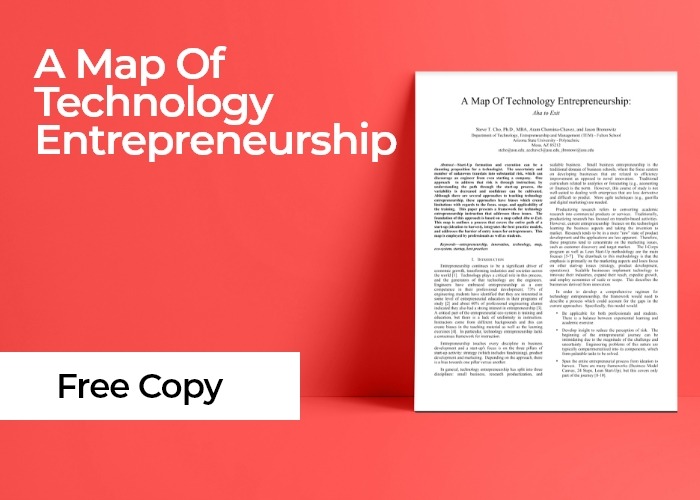There is a sizable amount of risk that comes with owning a business. Anyone who chooses to become an entrepreneur must make him or herself strong enough to overcome the challenges involved in raising the capital that it takes to start or purchase a company. A business owner must also be mentally and financially equipped to handle the risks posed by competitors, the government, uncooperative suppliers, unreasonable customers, and even unscrupulous employees.
Considering the threats that entrepreneurs face, some of them might wish that they had something like a suite of cybernetic armor that protected them against harm and that had weapons embedded in it that they could use to vanquish their enemies. Anything that works like such a suite of armor would certainly be useful. However, as most time travelers from the future could probably tell you, suites of cybernetic suit of armor can make it harder to get back up after you’ve been defeated and thrown onto the ground. Purchasing a business through a leveraged buyout can be like taking on a horde of enemies while wearing a suit of cybernetic armor.

A leveraged buyout (LBO) is the acquisition of a company in which the buyer puts up only a small amount of money and borrows the rest. Sometimes, companies are purchased for gargantuan amounts of money, including sums that reach into the hundreds of billions of dollars. Clearly, it is extraordinarily difficult for most people to acquire enough cash to make a purchase for something that costs hundreds of billions of dollars or even something that costs millions of dollars. It becomes much easier to make a purchase for such a large amount of money when you can borrow most of the money that you need.
A leveraged buyout might occur in the following manner:
A number of investors put their money into a private equity fund. The general manager of that private equity fund approaches a company and asks the company if they would like to be acquired.
The company says that they would like to be acquired and they hand over their tax returns to the private equity fund. The private equity fund and the company that is the target of the acquisition come to an agreement that states the fund will purchase the company for $10 billion. The private equity fund then approaches a bank and takes out a loan from that bank for $7.5 billion since private equity funds in these situations usually take out loans for 75% of the price that they will be paying for the company.
The private equity fund then purchases the company for $10 billion by using the $7.5 billion they received from the bank and $2.5 billion of the fund’s investors’ money.
Power and Defense
In the above scenario, the private equity fund just purchased a $10 billion company and only had to spend $2.5 billion of its investors’ money to do so. The purchase was made using $7.5 billion of debt, or in other words, $7.5 billion of leverage. The bank has taken on more risk even though the investors in the private equity fund now own the company. The leverage acted as a suite of powerful cybernetic armor for the investors. It gave them the ability to do something that they would not have been able to do without it. It also will help protect them against the financial risks that come with owning a business. If the business fails, the fact that the investors took out a $7.5 billion loan will not work to their advantage. But if the business succeeds, the leverage will have helped put them in a highly desirable position.

Private Equity Companies
There have been many leveraged buyouts that have been carried out by private equity companies. Below are some of the most well-known private equity companies in the marketplace:
The Carlyle Group
The Carlyle Group was founded in 1987. They have a staff of 1,775 employees and have 33 offices that are located across North America, South America, Europe, the Middle East, Africa, Asia and Australia. They manage about $223 billion of assets using 362 different investment vehicles.
Blackstone
Blackstone was founded in 1985. They have 2,500 employees and have 24 offices across the world. They manage about $545 billion in assets and they are one of the world’s largest investors in real estate. They are the largest discretionary hedge-fund investor in the world.
KKR
“KKR is a leading global investment firm that manages multiple alternative asset classes, including private equity, energy, infrastructure, real estate and credit, with strategic partners that manage hedge funds.”
They were founded in 1976 and have 1,400 employees. They manage $205.7 billion in assets.
Learn More
Has learning about leveraged buyouts made you want to learn more about business? If so, follow Aha To Exit founder Aram Chavez (@SenorChavezU) on Twitter and continuously expand your base of knowledge.










